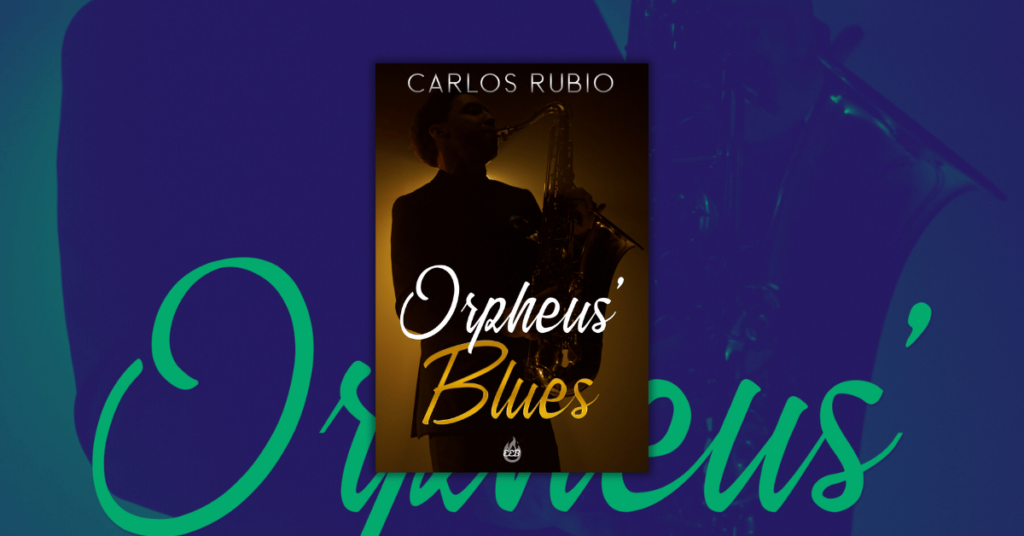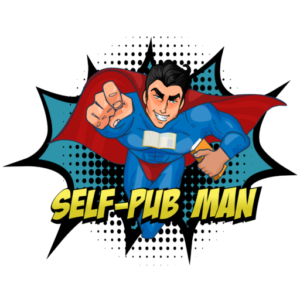Orpheus’ Blues by Carlos Rubio
“Orpheus’ Blues” by Carlos Rubio appears to be a compelling and introspective novel that explores the journey of a young jazz musician, Jack Stewart, as he navigates the challenges of pursuing his artistic dreams in New York City. Here are my thoughts:
The opening scene of Jack returning to his apartment in New York City immediately sets the stage for a story centered around his experiences as an aspiring jazz musician. This introduction suggests that the novel will delve into the realities and struggles of pursuing a creative career in a bustling urban environment.
The mention of Jack’s friendship with his roommate George, a jazz musician, hints at the importance of camaraderie and shared experiences among artists. This relationship likely provides a source of support and understanding as Jack faces the difficulties of his chosen path.
The close relationship between Jack and his mother conveyed through her regular letters from Southern Virginia, adds depth to his character. These letters and flashbacks promise to unveil Jack’s background, the environment he left behind, and the complex dynamics with his father, who resents Jack’s decision to pursue music instead of the family business. This familial tension creates an intriguing subplot that likely influences Jack’s personal and artistic journey.
The character of Hans, the proprietor of The Empty Hand, stands out as a pivotal figure who holds the novel together. Described as a philosopher and benefactor of every artist, Hans seems to provide the wisdom, encouragement, and guidance Jack needs to navigate his path. This mentor-like relationship adds a layer of richness to the story.
The ending, where Jack believes he has made sense of everything only to have it unravel, creates a sense of anticipation and suggests a turning point in his journey. His return to Virginia to confront his father, former friends, and unresolved past implies a culmination of his experiences and a potential resolution or reconciliation.
Overall, “Orpheus’ Blues” promises to be a character-driven novel that explores artistic pursuit, family dynamics, friendship, and self-discovery themes. With its focus on the struggles and triumphs of a young jazz musician, the novel seems poised to offer insights into the creative process, the challenges of following one’s passion, and the importance of confronting one’s past to move forward. As someone who appreciates stories that delve into the human experience and the complexities of pursuing one’s dreams, I find this novel intriguing and emotionally resonant.


